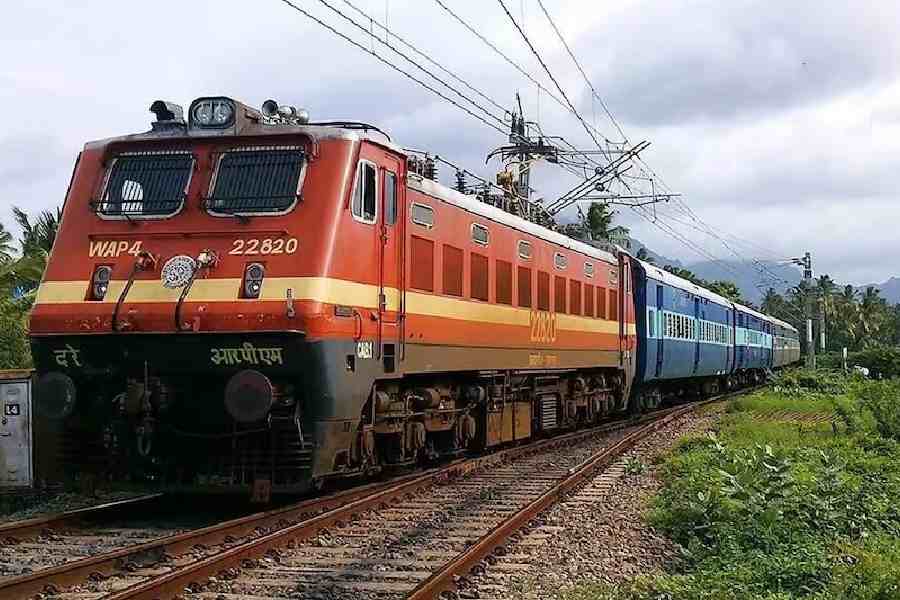Signalling staffers were pulled up by the Railway Board in April for using "short-cuts" for reconnecting the signalling gear after maintenance work without proper testing of points.
In a letter dated April 3, the board said five such incidents were reported from various railway zones.
"Five incidents on the unsafe side involving points have taken place on various zonal railways," it said, describing these incidents as "alarming and an issue of serious concern".
"The signalling gears were reconnected by signal and telecom staffers without proper testing of points after blocks for switch/turnout replacement, wrong wiring during preparatory works, attending signal failures etc.," the letter read.
"Such practices reflect dilution of manual and codal provisions. The same is a potential hazard to safety in train operations and needs to be stopped," it said.
Expressing its dissatisfaction with the signalling department, the board said these incidents indicate that despite repeated instructions, the "ground situation is not improving and the signalling staffers are continuing to adopt short-cut methods" for clearing signals, without checking the correspondence from the sites and without a proper exchange of disconnection or re-connection memo with the operating staff.
"Joint works with engineering staffers, signal maintenance and other repair works requiring disconnection contained in IRSEM should indicate time duration catering provisions for testing signalling gears after completion of engineering works.... The gears should be reconnected only after proper testing to ascertain safe certification of the signalling system," it said.
The Railway Board also said several infrastructure projects are under progress with stringent targets and officers and staffers on the field need to be sensitised that the integrity of the signalling system is of utmost importance from a safety point of view.
"These aspects need to be reviewed in weekly safety meetings at divisional and headquarters levels," the letter said.
The railway minister as well as officials had hinted at signal interference as a possible cause of a horrific crash involving three trains in Odisha's Balasore on June 2.
As many as 288 people were killed and more than 1,000 injured in the crash involving the Bengaluru-Howrah Superfast Express, the Shalimar-Chennai Central Coromandel Express -- two trains carrying around 2,500 passengers -- and a goods train.
Except for the headline, this story has not been edited by The Telegraph Online staff and has been published from a syndicated feed.











